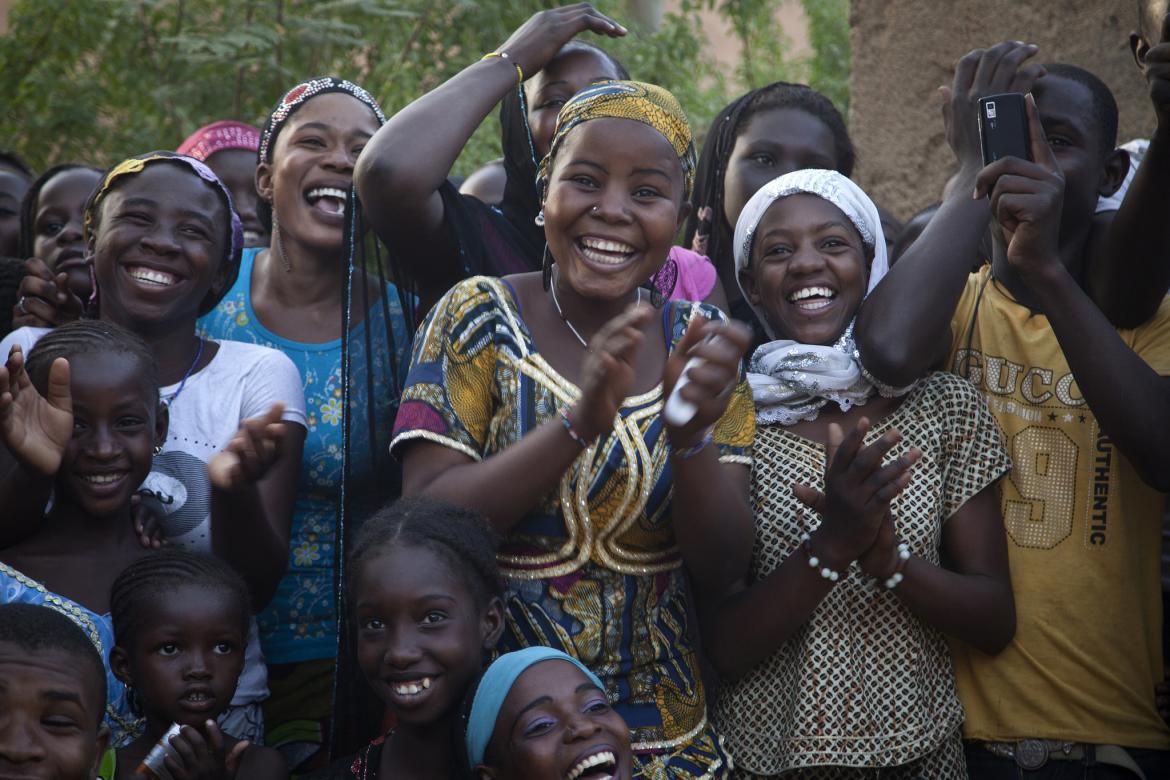
Africa holds the distinction of being the youngest continent on the planet, with approximately 60% of its population under the age of 25. This demographic shift presents both significant challenges and immense opportunities for the region, positioning it as a potential powerhouse of innovation, growth, and development in the coming decades.
With a population exceeding 1.4 billion, the sheer number of young people provides Africa with a workforce unlike any other region. As many parts of the world face aging populations, Africa’s youthful demographic is seen as a key driver for economic growth. This surge of young talent is expected to play a pivotal role in the global economy, especially in sectors like technology, entrepreneurship, and digital innovation.
A Youthful Catalyst for Innovation
The rise of digital technology and access to mobile phones has already begun to transform the landscape for young Africans. From fintech startups in Nigeria to agricultural innovations in Kenya, young entrepreneurs are tapping into local challenges and turning them into scalable solutions. The continent’s booming tech hubs, such as Lagos, Nairobi, and Cape Town, are proof of a burgeoning innovation ecosystem led by the younger generation.
Countries across the continent are increasingly investing in education, particularly in science, technology, engineering, and mathematics (STEM), to equip young people with the skills needed to compete on a global stage. With improved access to the internet and digital platforms, Africa’s youth are increasingly involved in shaping the future of their societies.
Challenges Ahead
Despite its potential, Africa’s young population also faces significant hurdles. High unemployment rates, limited access to quality education, and infrastructure challenges remain persistent issues. In many countries, the rapid population growth has outpaced job creation, leaving many young people without formal employment.
The informal sector plays a vital role in providing jobs, but it often lacks stability and protections for workers. In response, governments and international organizations are focusing on vocational training, entrepreneurship programs, and policies that encourage private-sector investment to absorb the growing workforce.
The Role of Policy and Investment
To fully harness the power of its youthful population, African nations are increasingly focusing on long-term investments in education, healthcare, and infrastructure. Policies that promote entrepreneurship, support innovation, and create pathways to employment will be key to unlocking the potential of this demographic dividend.
International investors are also taking notice of Africa’s young, dynamic market. Venture capital in Africa has surged in recent years, particularly in the tech sector, where startups are creating solutions for challenges in education, finance, agriculture, and healthcare.
A Bright Future Ahead
Africa’s youthful population is a vital resource, and with the right investments and opportunities, it could transform the continent into a hub of innovation and economic growth. As the rest of the world ages, Africa stands poised to become a leading force in global development, driven by the energy, creativity, and determination of its young people.
The next few decades will be critical for shaping this bright future. If managed well, Africa’s youth could unlock unprecedented prosperity, not just for the continent, but for the world.
